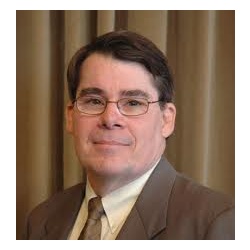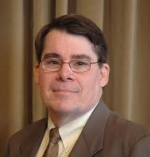
Senate Majority Leader Gronstal tells decorahnews.com "significant differences" remain between Democrats and Republicans on state budget
Senate Majority Leader Mike Gronstal visited Decorah on Sunday for a Winneshiek County Democrats fundraiser. During the visit decorahnews.com interviewed Gronstal regarding the current budget impasse.
In a press release earlier this week Gronstal expressed hope that the budget would be ironed out by the Thursday deadline. (It remains unclear exactly what Governor Branstad would do if the budget is not settled.) Gronstal still remains optimistic, but highlighted the areas where there continue to be significant differences between the parties. The four areas include: education funding, health and human rights issues, infrastructure spending (including transportation), and standing appropriations.
Another area of disagreement is the issue of property tax relief. Both parties want property tax relief for businesses, but Gronstal characterized the issue to center on the Democrats prioritizing the relief for small businesses, versus Republican emphasis on big business.
When asked what the biggest compromises the Democrats have had to make in the budget process, Gronstal said it was accepting the reality of a $5.99 billion budget. Democrats would like increased spending, closer to the allowable 99 percent of revenue, while Republicans have held firm at a 97 percent level. He said they also compromised on cuts to pre-school education, and when they were able to come to "some form of an acceptable two-year budget" as pushed by Governor Branstad. He said that Republicans had compromised somewhat to agree on a 2 percent allowable growth funding for Fiscal Year 2013.
House and Senate conference committees have been working hard this past week to iron out differences. The House was not in session last week, but is reconvening on Monday as the budget deadline approaches.
On a broader note Gronstal said he agreed with the common perception of seriously polarized American politics. While not offering immediate suggestions on how to get back to days when there was significantly more dialogue in political discussions, he did offer some insights into how we got this way. He felt the nature of political campaigns has deteriorated into an "I'm right and you're wrong" scenario. He also blames talk show radio for fueling differences rather than fostering dialogue.
Site designed and maintained by Iroc Web Design Services©.
Your Small Business Web Design Solutions.™


